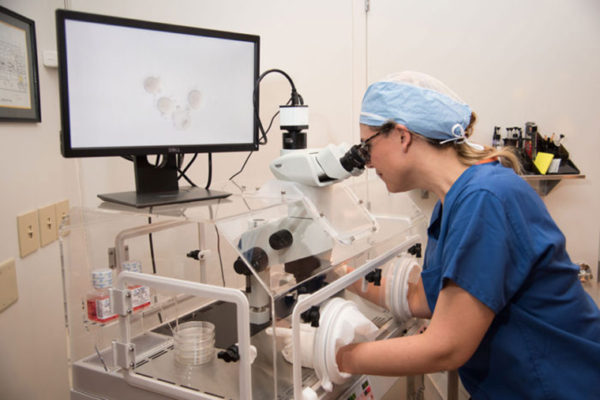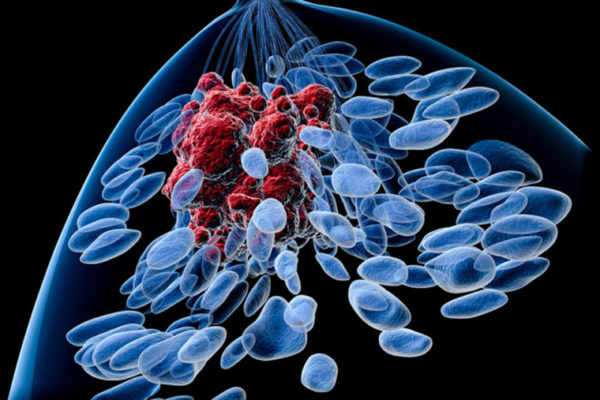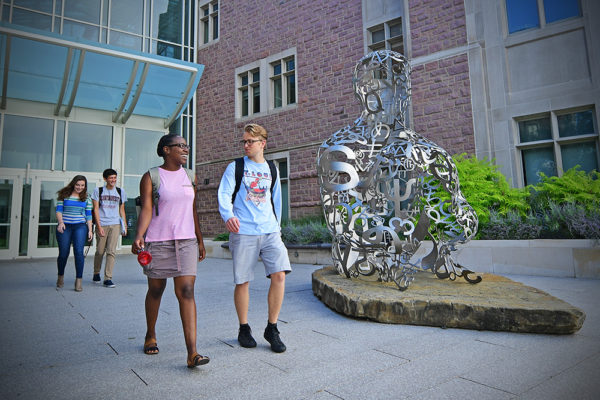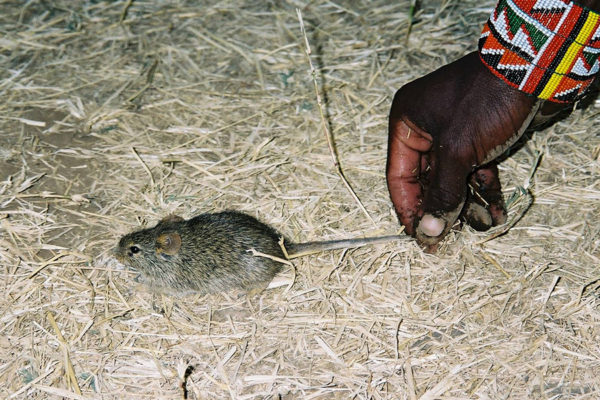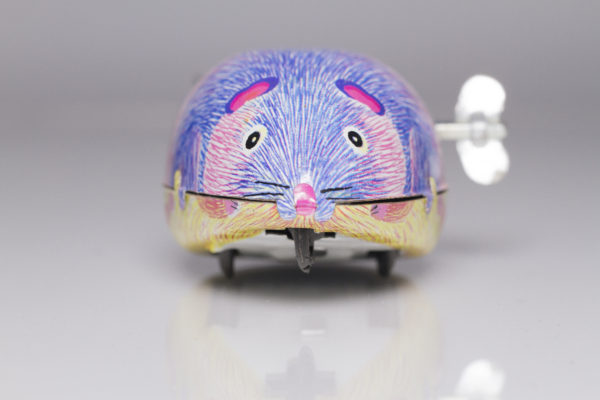Insurance coverage for IVF increases chance of having baby
Women who pursue in vitro fertilization (IVF) to become pregnant are more likely to give birth if they have health insurance that covers the procedure, according to new research at the School of Medicine. The key reason is financial rather than medical: The high cost for one procedure prohibits many women from seeking a second if the first attempt fails.
Rogue breast tumor proteins point to potential drug therapies
Studying mice with breast tumors transplanted from patients, researchers at Washington University School of Medicine in St. Louis, The Broad Institute of MIT and Harvard, and Baylor College of Medicine have analyzed the proteins present in these tumors. Some protein alterations can be used to identify drugs that may work against some cancers.
Wencewicz selected as 2017 Cottrell Scholar
Timothy A. Wencewicz, assistant professor of chemistry in Arts & Sciences at Washington University in St. Louis, has been selected as a Cottrell Scholar by the Research Corporation for Science Advancement.
Who Knew WashU? 3.28.17
Question: Which building was the first on what’s now known as the Danforth Campus?
Obituary: Peter Sortino, assistant vice chancellor, 62
Peter G. Sortino, assistant vice chancellor at Washington University in St. Louis and a longtime St. Louis civic leader, died Friday, March 24, 2017, at his home in Sunset Hills, Mo., of pancreatic cancer. He was 62.
Media Advisory: Olin’s 100th Celebration
Olin Business School at Washington University in St. Louis is celebrating its centennial with a special reception Thursday, March 30 from 4-6pm.
Media Advisory: St. Louis Walk of Fame to induct Nobel laureate Rita Levi-Montalcini April 6
The St. Louis Walk of Fame will posthumously induct Nobel Prize-winning neurobiologist Rita Levi-Montalcini at 11:30 a.m. Thursday, April 6, on the Delmar Loop. Levi-Montalcini conducted much of her research at Washington University in St. Louis and is recognized for breakthroughs in the study of cell growth and development. She died at the age of 103 in her native Italy.
Mouse in the house tells tale of human settlement
Long before the advent of agriculture, hunter gatherers began putting down roots in the Middle East, building more permanent homes and altering the ecological balance in ways that allowed the common house mouse to flourish, suggest new research in the Proceedings of the National Academy of Sciences
The View From Here 3.27.17
Images from in and around the Washington University campuses.
Mice run by starry clocks
Star-shaped cells called astrocytes, long considered boring, “support cells,” are finally coming into their own. To everyone’s surprise they even play an important role in the body’s master clock, which schedules everything from the release of hormones to the onset of sleepiness.
View More Stories
